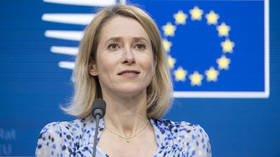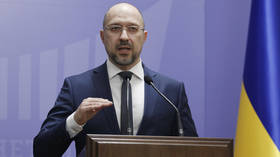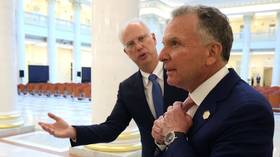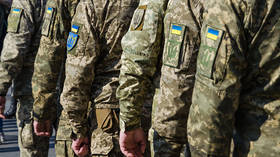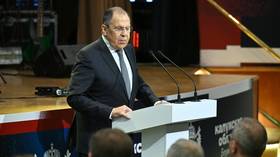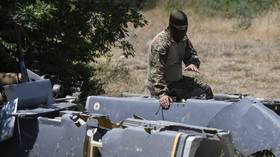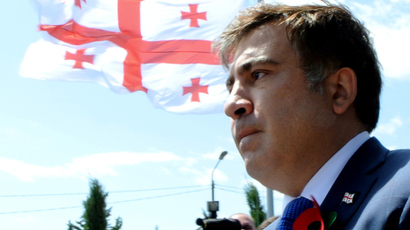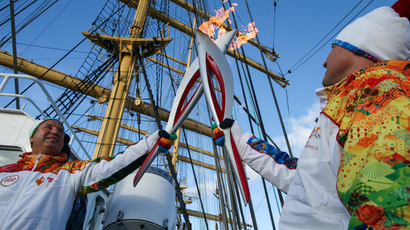Olympic heat: Boycotting Sochi would be ‘mean’, Swiss president says amid hype
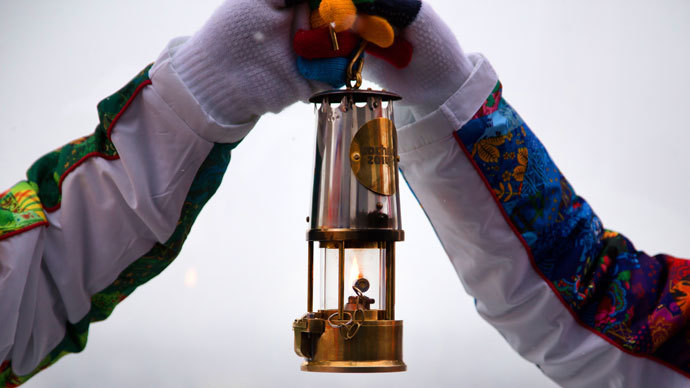
Swiss President Ueli Maurer says boycotting the Sochi Olympics would be “mean.” His comments come as the boycott reaches a critical mass in the media, when officials staying away are being viewed as joining the campaign, even if they aren’t.
Proponents of boycotting the Sochi Olympics are meticulously monitoring reports on travel plans of Western leaders for early February. Any announcement that a top official will not be attending is being cheered as a gesture of support for the boycott.
“It will be interesting to see which dominoes will fall and which leaders will be the next to denounce Russia by way of boycott,” wrote a pro-LGBT website in a comment on the news that France's president, Francois Hollande, is not planning to go to Russia for the Games.
Among the politicians who reportedly are not planning to visit the Games are German President Joachim Gauck and Chancellor Angela Merkel, British PM David Cameron, US President Barack Obama and Vice-President Joe Biden, and Lithuanian President Dalia Grybauskaite.
So far only Grybauskaite, an outspoken critic of the Russian government, has openly said that she is boycotting the games for political reasons. She has mentioned Russian economic sanctions against the Baltic country (this fall Moscow halted imports of Lithuanian dairy products over safety concerns) and what she described as bad treatment of neighbors by Moscow, and the issue of human rights. But she has not singled out the gay issue.
As for the rest of the politicians, they are presumed by the media to be sending an unspoken message of disapproval of the “gay propaganda ban” in Russia, which was the trigger for the boycott campaign. In particular, Obama’s choice of many open gays and people widely speculated to be gay for the US Olympic delegation was reported as such a gesture.
For instance, USA Today saw Obama’s move in a very anti-gay light: “The White House delivered a strong message of opposition to Russia's anti-gay laws Tuesday with the announcement of its delegation to the opening ceremony of the Sochi Olympics.”

This might have its grounds as it has been out of US leaders' practice to skip the Games. Butthe parade of pro-gay statements could also be wishful thinking by the media. For example, Merkel has not attended the Olympics in the eight years she has served as German chancellor.
'Celebration for millions of people shouldn't be spoilt'
Ironically, bringing gay rights into the focus of the Games is now prompting those officials who do plan to come to Sochi to feel they have to explain their presence.
Czech Prime Minister Jiri Rusnok said he believes that boycotting international sporting events is counterproductive and usually makes matters worse, in comments Sunday against boycotting Sochi. The Eastern European country sees the event as a good opportunity to promote its businesses and will spend nearly $950,000 for this purpose.
Switzerland’s president, Ueli Maurer, who is to go do Sochi, said Sunday that sending a human rights message to Russia by boycotting the games would be a “mean” move.
“If Russia has a different attitude towards homosexuality that doesn’t suit me, then I have to accept that,” he said.
He said that adopting the same principle for other countries would isolate Switzerland: “Well, we wouldn’t be able to go anywhere anymore, right? Not to any Islamic country, because we have other legal concepts, and not to the United States because of the death penalty.”
Calls against a politically motivated boycott come from some unexpected sources. Mikhail Khodorkovsky, the former oil tycoon, who was released from a Russian prison last week, openly spoke against it.
“It’s a celebration of sports, a festivity for millions of people, so, I guess it shouldn’t be spoiled. It would be wrong,” he told journalists in Berlin, where he went after his pardoning.
The International Olympic Committee insists that the Olympic Games are not a stage for political statements. This was the case during the Cold War, when Western powers and members of the Eastern Bloc exchanged boycotts of the Games held in Moscow in 1980 and in Los Angeles in 1984, respectively. This was also the case with a number of less-publicized instances.
The only Winter Olympics that were boycotted so far were the 1980 Games in Lake Placid, New York. Taiwan refused to compete under the name of “Chinese Taipei” and let its communist neighbor use the name “China”.




